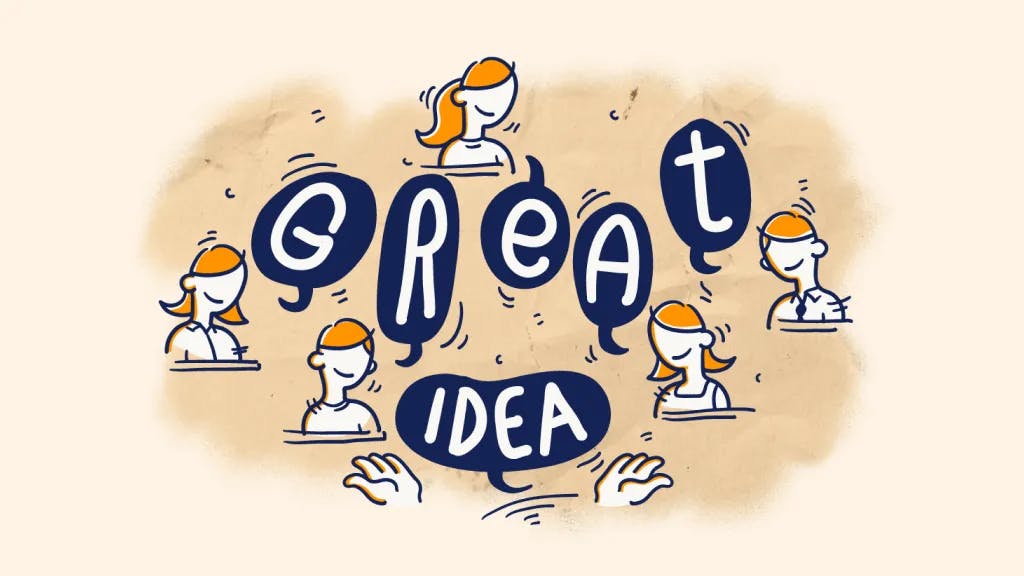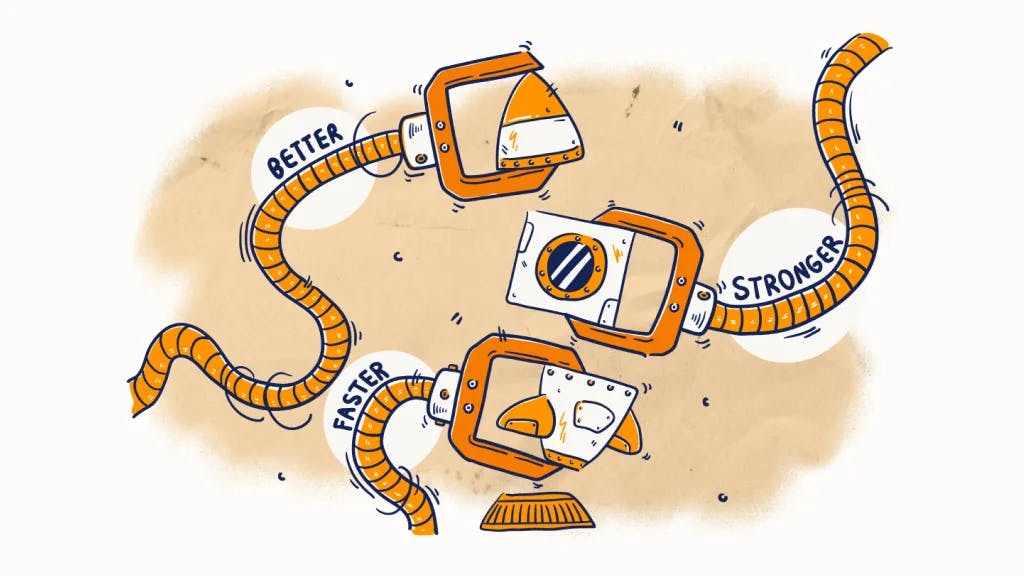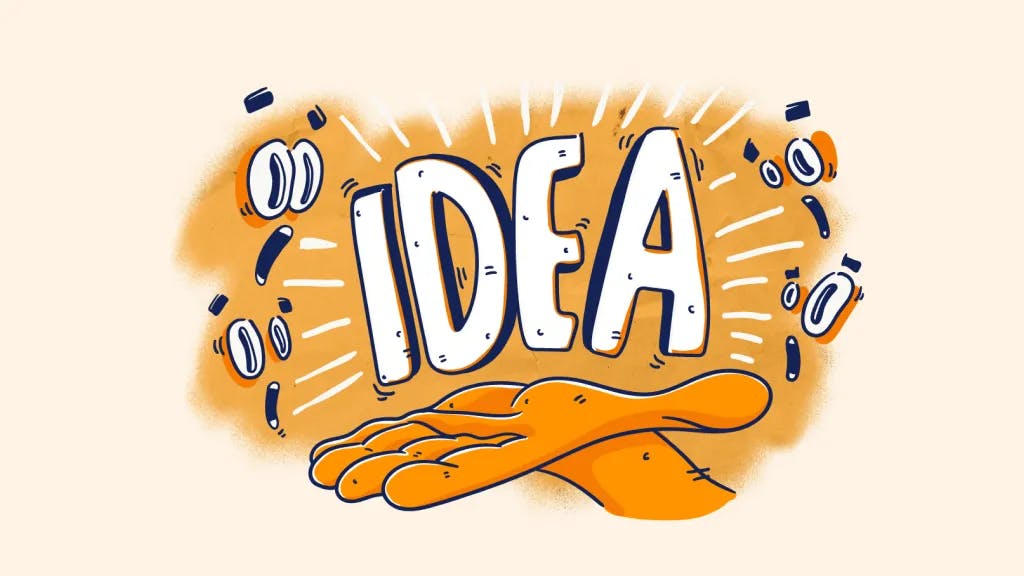What makes an idea great?
Ideas are a starting point in the innovation process. They are the place from which you begin an innovation journey that has the potential to create impactful opportunities that produce value.
Given their role, the quality of an idea is crucial to determining whether you have a good or bad outcome in innovation. But idea development is iterative and incremental. Ideas are not born perfect, requiring sustained investment to get them in the best shape possible.
Some would argue that there are no bad ideas, particularly in brainstorming. When we are in the initial stages of idea creation, it is helpful not to put too much stock into what comes out. We "just" need to get as many ideas as possible and get the juices flowing to refine those ideas later.
But it's not entirely true that there are no bad ideas. For an idea to create value, it needs to be evaluated and perfected around specific criteria that will enhance the chances of success in your innovation journey.
Of course, before the testing phase, there is no way to know whether an idea will ultimately work, but you can determine its potential for value before you get to that stage.
So, what indeed makes an innovative idea great?
DESIRABILITY
The first characteristic of a great idea is that it needs to be desirable, feasible, and viable.
Ideas need to spark something in the person hearing about them, namely a sense of new possibilities. Is the proposed idea something that people would want? Is it something that they have been looking for? Is it desirable?
In addition, would it be feasible to implement such an idea, or is the suggestion out of the left field?
Finally, what is the viability of the idea? Would this idea be able to work or survive?
Answering these questions will help you determine the potential of this idea and help you decide whether it should progress to the testing phase.
CLARITY
A great idea needs to be simple and clear. The audience receiving this idea must clearly understand what is being proposed. If an idea is too complex, it'll lose the reader, leading to the idea being scrapped.
Here's a challenge for you: try to communicate the idea in one sentence and include that summary as your opener. That'll help you simplify it as much as possible so that it can be well-communicated to your team or community. The clearer it is, the better.
Communication is critical here. The idea needs to be portable and easily understood by those receiving it.
ALIGNMENT
Is the idea aligned with your company's business strategy and goals? If not, then it's probably not the best idea to pursue.
A great idea needs to be aligned with an organization's innovation goals and emerging opportunities. Focusing on ideas that are not aligned could lead to a waste of time, as ideas that would bring value to your company get left by the wayside.
This is not to say that ideas can't be provocative or unexpected, but what it proposes to create should be aligned with the company's mission.
CLEAR VALUE PROPOSITION
Another component of a good idea is having a clear value proposition. What is the value the idea would create for your organization?
If you could realize this idea, what would be the impact?
It's essential to think about the answers to these questions and see the potential in the idea. If it presents little value to your organization, it's most likely not great.
TESTABILITY
Finally, a great idea needs to be testable. This one is more difficult to determine but essential nonetheless. When evaluating an idea, it's important to decide on the next steps and how you would move forward with testing it.
This characteristic is significant when you're dealing with high-risk, uncertain ideas. If the idea falls into the other risk categories, it'll be up to you to determine whether it would be feasible to test it out.
Either way, the idea must be workable. If it can't be tested, it's not good.
Now that you have some criteria to determine what makes an innovative idea great, perhaps you'd like to learn more about how to get stronger ideas faster. Be sure to check out this blog post here.
If you're looking for an innovation management software to help you with idea management, learn more about InnovationCast.
This collaborative innovation management software will help you engage people to co-create ideas and bring them to life.
Ready to chat with us? Request a demo today.



